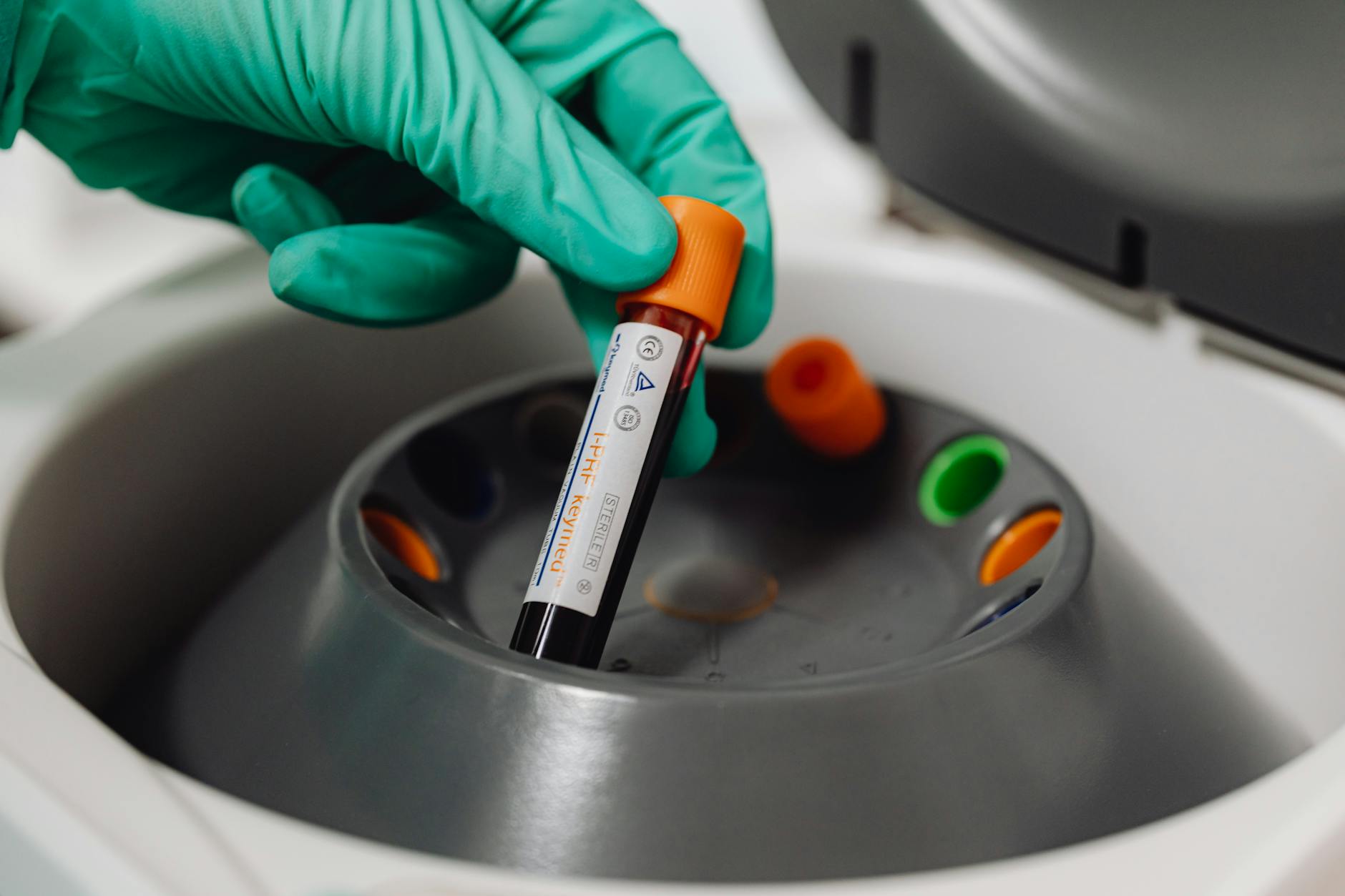
You don’t collapse—you quietly begin to vanish
It doesn’t start with a dramatic fall. No fainting. No emergency. Just… less of you showing up. Less energy. Less laughter. Less willingness to walk across the room for something you don’t absolutely need. You notice it in strange ways. You reread the same sentence five times. You lose your train of thought mid-conversation. Someone calls your name and it takes a second too long to respond. Your body still moves, but like it’s wearing something heavy underneath your skin. You smile. You work. You nod. But you feel like a low battery nobody knows needs charging.
You used to feel present. Now you feel background.
You begin to narrate your movements in your head
There’s a mental countdown before standing. Before climbing stairs. You rehearse your pace. You negotiate energy in small currency—folding laundry costs one errand. A shower costs dinner prep. You say things like, “I’ll do that tomorrow,” knowing you’re bargaining with fatigue, not time. You wait for a second wind that never really comes. When it does, it barely rustles your edges. You’re not being lazy. You’re conserving. But no one sees that.
Even your rest doesn’t feel like rest anymore.
You find yourself sitting longer, standing slower, moving smaller
You scroll longer in bed. You let the kettle boil twice before getting up. The remote feels far. You plan outfits based on effort, not style. You choose comfort over presence. Shoes you don’t need to bend for. Meals that don’t require cooking. Even thoughts feel heavy to hold. You don’t complain. You don’t explain. You adapt. That’s what most people don’t understand—how fatigue makes you rewrite your life in smaller font.
You still do things. You just do less of them at once.
Your skin starts to whisper back with different textures
You don’t notice it all at once. But your skin feels duller. Dryer. Paper-thin in places. You run fingers across your arms and realize something’s changed. Something’s missing. The glow? The plumpness? The memory of resilience? You touch your face and it feels unfamiliar. You look in the mirror and see a version of you trying to smile through a blur. The colors don’t pop anymore. Neither do you.
You used to blush. Now, even that feels like effort.
Breath becomes something you measure, not something you trust
You breathe, but it doesn’t feel finished. You sigh often, not for drama—but because your lungs demand it. Walking up a flight of stairs leaves you quietly gasping. Not enough to call attention. Just enough to make you sit down. Or pretend you’re checking your phone when you’re really catching your breath. No one notices. You don’t make noise. But inside, you’re begging for more oxygen than your blood can carry.
Even your chest starts to feel like it’s hiding secrets.
Your thoughts don’t arrive when they should—they trickle in late
You forget appointments. Words. Names. You stand in rooms wondering why you walked in. Conversations become obstacle courses. Your brain moves like it’s in molasses. You feel foggy, but not dizzy. Slow, but not stupid. You know what you’re trying to say—but it lingers behind your mouth like a shy child. You become a little quieter. A little more hesitant. A little more withdrawn.
It’s not that you’ve changed—it’s that you’ve dulled.
Food becomes an experience of confusion, not comfort
You crave strange things. Ice. Chalk. Even the smell of soil feels tempting. Meals feel unsatisfying. You eat but never feel full. Or you feel full too quickly. Digestion slows. Bloating lingers. You don’t want more food. You want more absorption. You try iron-rich meals. You try supplements. But the fog doesn’t lift. You chew because you have to. Not because you enjoy it.
Nourishment becomes a question your gut can’t answer.
Sleep becomes something you chase but never catch
You sleep. For hours. But you wake up exhausted. Not groggy. Exhausted. Like you’ve been somewhere overnight that drained you. You try earlier bedtimes. Darker rooms. Softer pillows. Nothing works. You open your eyes and still feel hollow. You envy toddlers. Pets. Anyone who sleeps and wakes up new.
You go to bed hoping. You wake up negotiating.
You stop telling people how tired you really are
Because they say, “I’m tired too.” Or they suggest more sleep. Or iron pills. Or meditation. You smile. You nod. You stop trying to explain. It’s not the kind of tired sleep solves. It’s not burnout. It’s not just stress. It’s the kind of fatigue that lives in your blood. Quietly. Persistently. Stealing your spark one red cell at a time.
So you stay silent. Because your fatigue already speaks for you.
You look back on days that felt effortless with disbelief
You remember carrying groceries without thinking. Running for the bus. Laughing without breathlessness. Dancing. Cleaning the house in one afternoon. You wonder who that version of you was. Where she went. If she’s coming back. You know she didn’t disappear overnight. She was chipped away, bit by bit, by a lack you didn’t notice.
You miss her. But you can’t say that out loud without crying.
You start to question what ‘normal’ really means
Because if this is your new normal, it feels unacceptable. If this is just life now, it feels unfair. You want to believe it’s fixable. You want to believe there’s an answer. A pill. A test. A doctor who finally listens without dismissing. But until then, you just learn how to survive without complaining.
Your silence is not strength. It’s survival.
The diagnosis doesn’t fix anything—it just makes things make sense
You see the numbers. Low hemoglobin. Low iron. Ferritin scraping the bottom. The doctor nods. Writes a prescription. It feels both comforting and anticlimactic. You leave with answers, but not with relief. Healing is a process, not a pill. You know that now. You take the iron. You change your food. You wait.
But you don’t get better overnight. You just get hopeful.
You learn to read your body’s whispers again
The slight flush returning to your cheeks. The breath that feels complete. The energy to stand without rehearsing it first. You notice these small victories. You track them like milestones. You stop expecting fireworks. You start appreciating flickers. You don’t sprint—you stroll.
But for the first time in a while, you’re moving without fear.
You forgive yourself for disappearing for a while
You stop blaming yourself for the canceled plans. For the unread texts. For not being fun. You know now it wasn’t your fault. It wasn’t weakness. It was deficiency. A body missing something essential. You write yourself back into your own life with gentleness.
You’re not lazy. You were lacking.
